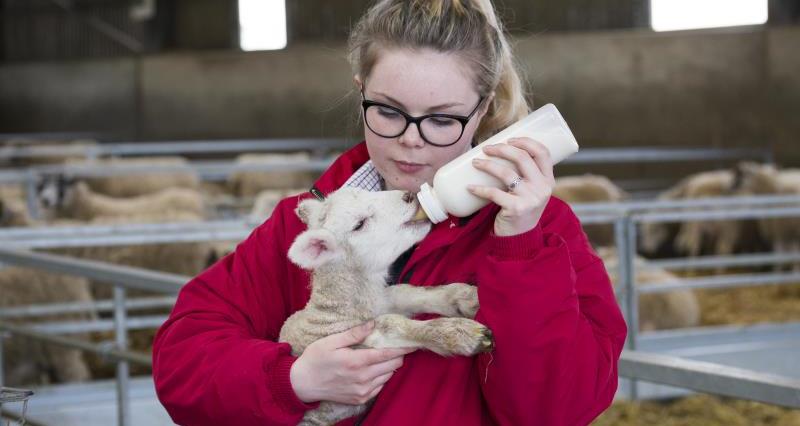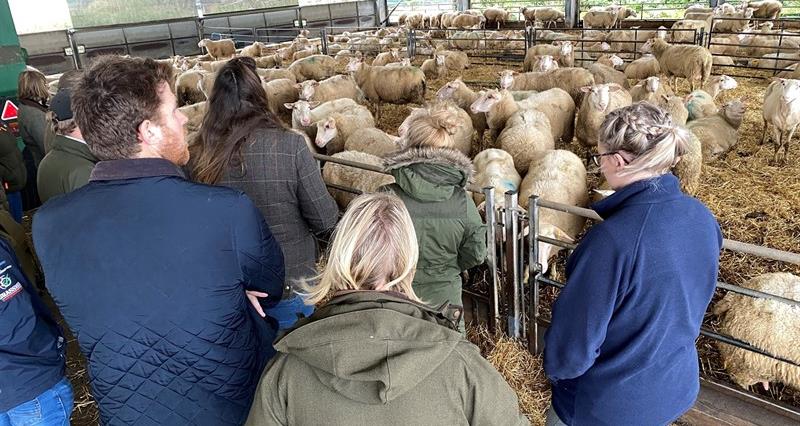- Two-year courses
- Equivalent to three A levels
- 80% classroom-based learning and 20% industry placement
- Work focused with an industry placement, which must be at least 315 hours long (approximately 45 days)
What does T Level stand for?
T Level stands for Technical Level.
The roll out of T levels across occupations started in 2020 with T Levels in construction, digital and education and childcare being the first ones.
More occupations are being added between now and 2025 and the launch date for agriculture is September 2023.
Will other courses, such as BTECs, still be available?
T Levels in agriculture will launch in September 2023 in selected colleges across England.
Colleges not offering T Levels in September 2023 will continue with BTEC and other level 3 courses. However, the current plan is that by September 2025 funding for BTECs and other level 3 courses will be withdrawn and a T Level in agriculture will be the only level 3 vocational qualification from that date.
What are the career options after T Levels?
Career options for students who complete a T Level in agriculture are:
- To go into skilled employment
- Continue further study with options to go onto a university course
- Start a farming apprenticeship
What does a T Level in agriculture cover?
The T Level in agriculture is split into three main components:
Common Core
Common Core – material that covers agriculture and horticulture but also other related land-based occupations such as land-based engineering.
Core Pathway
Core content specific to either:
- Horticulture and Crop Production, Trees and Woodlands
- Livestock production
Occupational specialism
On completion of the Core Content sections students next go on to complete one occupational specialism either:
- Ornamental and Environmental Horticulture and Landscaping
- Crop production
- Trees and Woodlands Management
- Livestock production
What is the difference between an apprenticeship and a T Level?
Apprenticeships are designed for students who wish to learn a specific occupation ‘on the job’. An apprenticeship is typically 80% on-the-job and 20% in the classroom. Apprenticeships are suited for those who want to earn a wage and learn at the same time and are ready to join the workplace at age 16.
By contrast, T Levels offer students practical and knowledge based learning in a school or college environment and on-the-job work experience through a nine week industry placement.
Will T Levels include studying maths and English?
T Level students will need to work towards attainment of mats and English if they do not have grade 4 GCSE. However, grade 4 in English and maths GCSE or level 2 in functional skills is not needed to pass a T Level.
Where can I find more information?
More information on T Levels is available at: Introduction of T Levels | GOV.UK
How do I find out if a T Level in agriculture is available in my area?
The T Level in agriculture will launch in a limited number of colleges in September 2023. To find out which colleges are offering the new course visit: T lLevel Course Finder | GOV.UK

